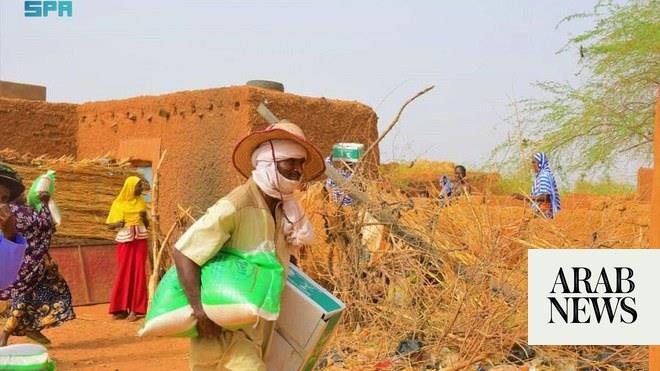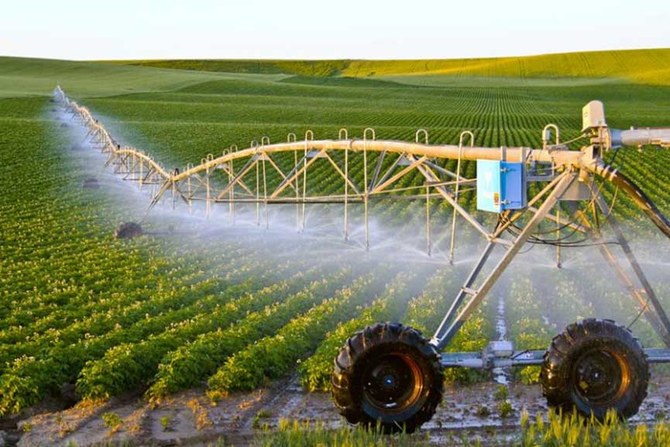
ABU DHABI — As Abu Dhabi’s pioneer in sustainability and a hub for research and development, Masdar City is building the community and spearheading the innovations to realize greener, more sustainable urban living.
The city is trialing a number of innovations to support the mandate of the government in food security. In 2019, the city partnered with the Office for Future Food Security to pilot projects that could provide secure and reliable food to the UAE.
An example of this is Bustani — a Smart Home Farming Showcase demonstrating emerging farming solutions that will help UAE residents become more self-sufficient in meeting their everyday food needs.
The showcase is open to the public so that they can learn how to replicate these solutions in their own homes and is part of an ongoing collaboration between Masdar and UAE-based agri-tech specialists Madar Farms.
The exhibition demonstrates different food production innovations, as well as water and waste production and recycling.
The objective is to highlight how progress in technology has allowed the emergence of solutions to increase food security at the home level, as well as raise awareness of the broader global challenges of sustainably and nutritiously feeding a growing population.
The 15 innovations showcased at the Eco-Villa have demonstrated their potential for implementation in homes across the UAE to bolster the country’s food security.
These include vertical farming solutions, a smart chicken coop, water recycling system, smart hydroponic system, a novel beehive, kitchen composter, mushroom box and automated garden robot, among others.
Masdar is proud to support home-grown companies and their innovative solutions, and our ongoing collaboration with Madar Farms is an excellent example.
The company first established a test project in Masdar City in 2017 where it piloted its unique vertical farming container, which grows leafy greens using smart systems that utilize less water than conventional farming, conserving an important resource in the UAE’s arid landscape.
The success of the Madar Farms vertical farming container pilot has been a springboard for the company, who recently begun distribution to three online retailers.
The stores are selling the company’s produce to boost food supplies in the UAE, in response to any potential food shortages arising from the COVID-19 outbreak.
"It has always been our goal to tackle food and water security challenges in the UAE and wider region, and turn the late Sheikh Zayed’s vision into reality,” said Madar Farms CEO Abdulaziz Al Mulla.
He added, “As well as strengthening our position as a key player in the UAE’s AgTech industry, our ambition is to lead a new agriculture revolution across the GCC region, and working with different partners including Masdar is a step forward to helping us achieve this."
"We are responding to this current demand that we’re facing today, partnering with our online ordering and delivery partners to provide vital food produce to people across the Emirates.
“In these challenging times, it is more important than ever to eat and shop local – and across the UAE we are seeing more citizens buying locally grown produce."
"When our customers receive their produce, it is clean, safe and fresh as all our products are delivered within 24 hours of harvesting. We are proud to make our produce available directly to consumers for the first time and reach out to even more people across the UAE."
Research and development is part of Masdar’s DNA and the company is proud of the success of the companies that it has supported.
Recently, Madar Farms received funding from the Abu Dhabi Investment Office, ADIO, part of the Ghadan 21 initiative, to develop the world’s first commercial-scale tomato farm, and its most water-efficient, using only LED lights, for which Madar Farms announced their intention to build at this year’s Abu Dhabi Sustainability Week.
Masdar’s Executive Director of Sustainable Real Estate, Yousef Baselaib, highlights the importance of innovation for food security, saying, "The recent global coronavirus pandemic has demonstrated the need for robust and reliable food supply chains, particularly in countries that are reliant on external food supplies to nourish their population.
“Before the outbreak of COVID-19, many countries around the world were already suffering from the effects of food shortages, and this problem will continue as the world’s population grows to an estimated nine billion by 2050." — WAM











